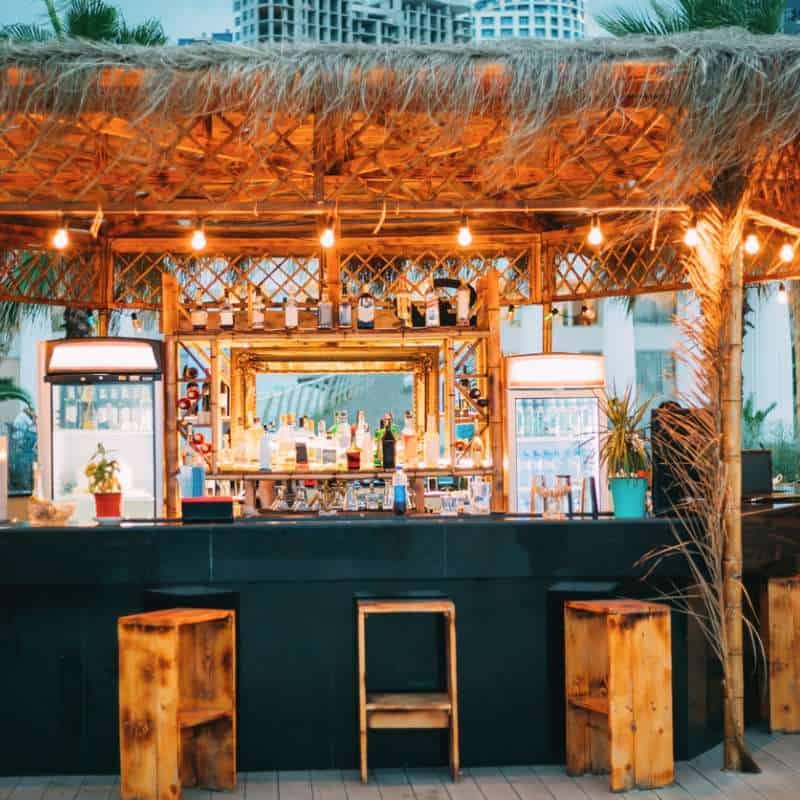Merely days after the U.S. State of Hawaii confirmed booster doses will soon be required of mainland visitors, Maui County has gone a step further in already enacting the protocol. Now, those hoping to visit the second biggest Hawaiian island will have to update their vaccination scheme in order to continue enjoying the same freedoms.
Recently, Hawaii has been battling an ongoing surge of Omicron-led infections, which has prompted government officials to tighten Covid mandates across the islands in recent weeks. Among the main units comprising the state, Maui is in fact one of the most heavily affected.
What Has Changed For Visitors To Maui Since January 24?
Effective January 24, tourists and residents alike will need a booster dose to be considered fully vaccinated in Maui County. It means that, for those eligible for boosters, previously issued two-dose vaccination certificates are no longer valid for entry into most hospitality venues around the region.
Maui County consists of the popular islands of Maui, Lānaʻi, Kahoʻolawe, Molokini, as well as the portion of Molokaʻi not under the jurisdiction of the Kalawao County. From now on, within county limits, in order to dine indoors, visit bars, and even exercise at a gym, boosters are mandatory for most.
When failing to produce proof of booster, tourists may be required to present negative Covid tests in order to access most installations and other attractions. And, with Maui being particularly favored by fellow U.S. visitors, the new requirement is sure to cause reverberations across a hard-hit tourism sector.
Only two days following the enactment of the boost-or-test mandate, businesses are already reporting a negative impact, with Maui Brewing Company Kihei general manager Tony Ren claiming “business has been slower than usual“.
Mr. Ren also adds “it has been tough” to find eligible staff to cater to a rising tourist and local demand, when since January 24, their 82% employee vaccination rate was slashed to a mere 30%. Much like visitors, local workforce will also be required to have a third dose, prompting fresh fears of staff shortages.
According to the revised rules, the definition of being “up to date” with Covid vaccinations now means having a booster five months after an initial two-dose course, such as for those who were immunized with Pfizer or Moderna, and once two months have elapsed since receiving a single Johnson & Johnson shot.
How Is Maui Faring Compared To Other Islands?
With Maui being the first county in the Aloha State to implement the long-mulled requirement, Mayor Mike Victorino, who has recently tested positive for the disease himself, has warned healthcare facilities are a “tipping point”. According to him, should Omicron continue to spread this quickly, hospitals “will be forced to implement emergency procedures“.
While not immediately elaborating on what kind of procedures he referred to, the Mayor was clear in stating “booster shots, masks and physical distancing are more important than ever“, especially in so-called high-risk venues, such as bars and restaurants.
As reported by the Hawaii Covid-19 Data website, for every 100,000 people that live in Maui specifically, an average of 304.1 new infections per day were recorded in the 7-day period leading up to January 23. Drawing a comparison, Honolulu averaged 250.9 reported cases within the same timeframe, while Hawaii Island posted an even lower 178.1.
Only the island of Kauai has figures supplanting Maui’s, with an average of 308.9 new daily infections recently. While other Hawaiian counties are yet to issue further mandates, we have reasons to believe a state-wide coordinated approach to booster doses may be coming soon.
Recently, Dallas Airport has announced it will start offering free booster shots for all international travelers, at a time when a growing number of countries and territories tighten entry mandates in response to the Omicron threat.
What Are The Requirements For Travel To Hawaii?
As of now, travelers are required to register online before flying to Hawaii through the Safe Travels Program, even if arriving directly from the mainland United States. Most international arrivals, including Canadians, who travel directly to Hawaii from abroad must present both proof of vaccination and a negative test result, either NAAT or antigen, within one day of boarding their flight.
Even though it is not mandatory, we also recommend all our readers to take out travel insurance that covers Covid-related expenses before flying. With Covid on the rise again, and flight cancelations becoming increasingly more common, the risks of testing positive right before going on a vacation are higher than they were before.
Insurance companies like Hey Mondo offer medical care, as well as trip interruption and quarantine coverage. As travel writers and experienced international travelers ourselves, we have used Hey Mondo and recommend it personally, whether for trips to Hawaii or abroad.

